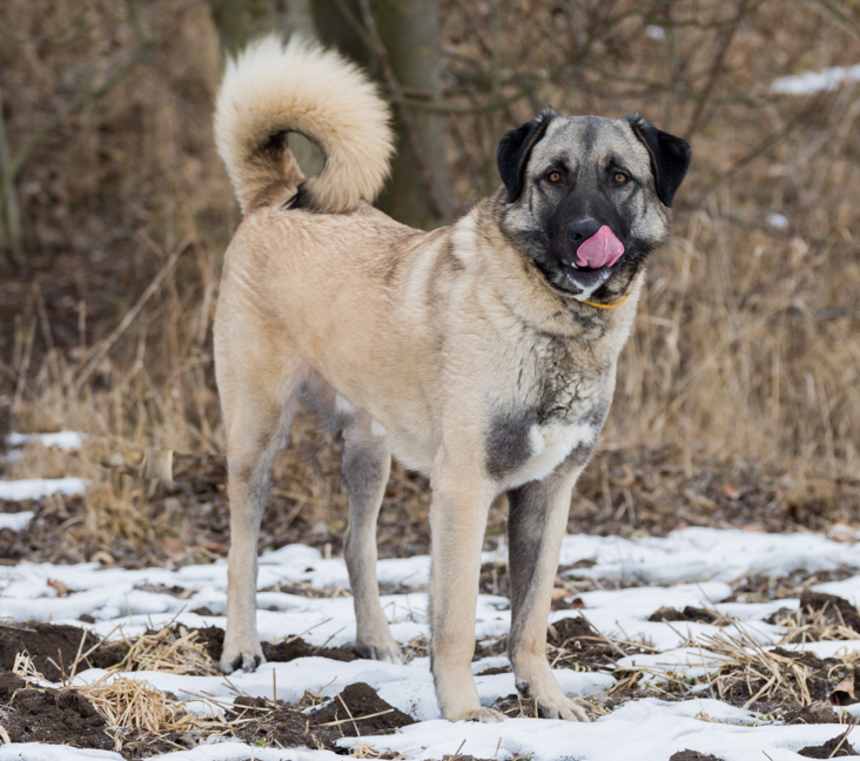Are Anatolian Shepherds healthy?

Yes, as with most of the more ancient breeds, the Anatolian Shepherd is a very robust and healthy dog with few genetic problems. But, as with any dog breed, they are prone to developing some health conditions:
- Hip dysplasia: This genetic condition occurs when the hip joint doesn’t fit together properly, leading to arthritis and pain. It can cause lameness in the rear legs and, over time, may require surgical intervention or lifelong management with medications and physical therapy.
- Elbow dysplasia: Similar to hip dysplasia, elbow dysplasia involves abnormal development of the elbow joint. This can lead to arthritis, pain, and lameness in the front legs. Treatment can range from weight management and medications to surgery in severe cases.
- Osteochondrosis dissecans (OCD): This developmental disorder affects the cartilage in joints, often in the shoulder, elbow, or knee. It can cause pain and lameness, and in severe cases, loose fragments of cartilage can break off, requiring surgical removal.
- Bloat (gastric dilatation-volvulus): A life-threatening condition where the stomach twists on itself, trapping gas and cutting off blood supply. Immediate veterinary intervention is crucial. Preventative measures include feeding smaller, frequent meals and avoiding vigorous exercise after eating.
- Entropion: This condition occurs when the eyelid rolls inward, causing the eyelashes to rub against the cornea, leading to irritation, pain, and potentially ulcers or infections. Treatment usually involves surgical correction to prevent ongoing discomfort and damage to the eye.
- Hypothyroidism: This endocrine disorder occurs when the thyroid gland doesn’t produce enough hormones, leading to symptoms like weight gain, lethargy, and skin issues. It is typically managed with daily hormone replacement therapy.
Regular veterinary check-ups, a balanced diet, proper exercise, and being aware of these conditions can help ensure the health and well-being of an Anatolian Shepherd. Early detection, treatment, and pain management are key to ensuring a healthy and happy life for these loyal and hardworking dogs.